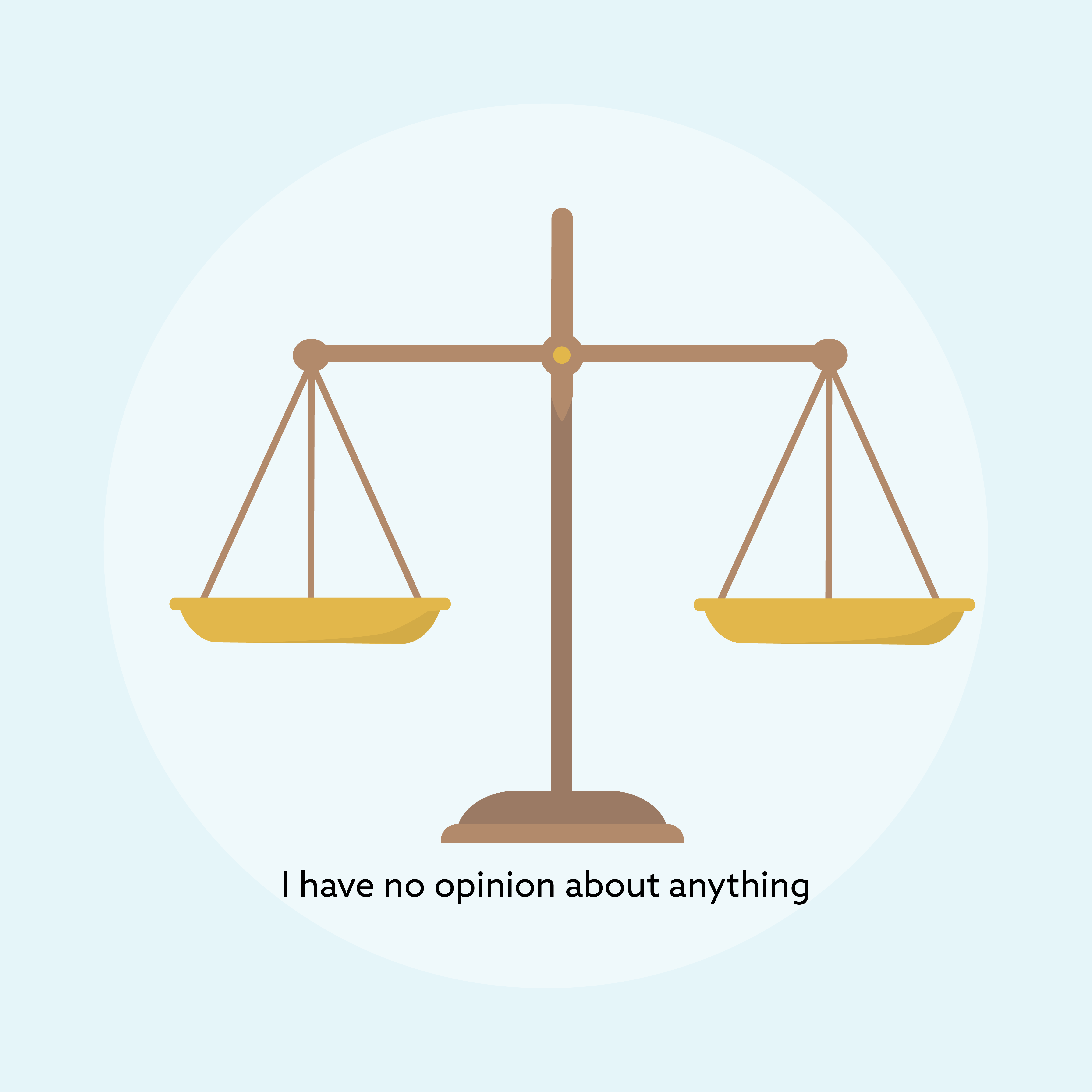Organisms want to maximize rewards while minimizing costs—and the law of least effort applies to mental as well as physical labor. Unless we’re given a damn good reason why our brain should get off the couch and change, “thinking” is costly. Our brain’s default mode is sweatpants, using our automatic assumptions to guide its portal (our body) around.
When you start to think about the implications of this—thinking is costly, and avoided at all costs—the more it starts to explain all the mistakes our brain makes, all the heuristics you can think of.
Our brain uses the first information that’s available, those knee-jerk reactions, or whatever comes to mind first.
Whenever outcomes fall short of our expectations and we’re disappointed—or we start getting an aversive feeling that we’re going to have to choose between potato chips and a candy bar—things feel a little dicey. Getting information that we’ve erred, we know, causes a brief drop in dopamine levels. Whether the feedback comes from an internal source (when we have enough knowledge to self-correct, or realize that we’ve screwed up) or an external one (when someone calls us out on our error), that dopamine drop creates a mild electrical impulse in our brain throughout the anterior cingulate cortex known as an error-related negativity.
The fallout from making a mistake is called the ERN; it’s something so aversive that the brain interprets it as a “mild punishment.” Mistakes feel bad because, essentially, getting this knowledge causes our brain to shock itself.10
“Error correction promotes a defensive mechanism, almost immediately,” says Greg Hajcak. So in addition to putting mental effort in the list of “things our brain does not enjoy,” we can safely add “being wrong” to the list of costs, and things we avoid like the plague. So this is our brain in a nutshell: it wants the good things in life but neither wants to work for it nor make any mistakes; as long as it seems to be making progress towards the things that it wants, it wears sweatpants. It is optimistic and thinks highly of itself to a default.
Having a healthy sense of ourselves—wanting to think that we’re right, that we’re good, cute, have a promising future—is part of what’s known as the psychological immune system. It’s our brain’s way.
tl;dr OMG WE’RE SO LAZY.
